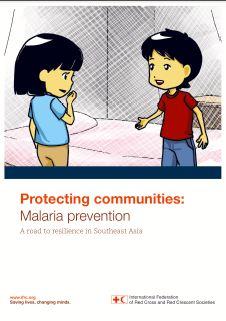Case Study
Mobile Cell Broadcasting for Commercial Use and Public Warning in the Maldives

The Maldives is prone to a number of hazards including tsunamis, earthquakes, flash floods, tidal waves, thunderstorms, tornadoes and waterspouts, strong winds, and drought. Therefore, early warning is essential in timely notification of alerts so that the general populace may be able to take the necessary precautions. In the case of the Maldives, if an early warning is introduced, it must be able to reach all of the outlying islands including tourists on resorts. With mobile phones quite ubiquitous, it may be an ideal time to introduce an emerging technology – cell broadcasting – for public early warning.
Purpose of study
The purpose of this study was to fulfill a request by the Telecommunications Authority of the Maldives (TAM) to investigate pre‐conditions in the Maldives that would make it feasible to implement cell broadcasting within a national public warning system, and, concurrently, evaluate the use of cell broadcasting for commercial usage.
What is cell broadcasting?
Cell broadcast is the term given for the technological ability to send a single text or binary message to be distributed to multiple mobile phones within a “cell”. Cell broadcast was originally designed to let network operators offer location‐based services.
Natasha Udu‐gama, May 2009
